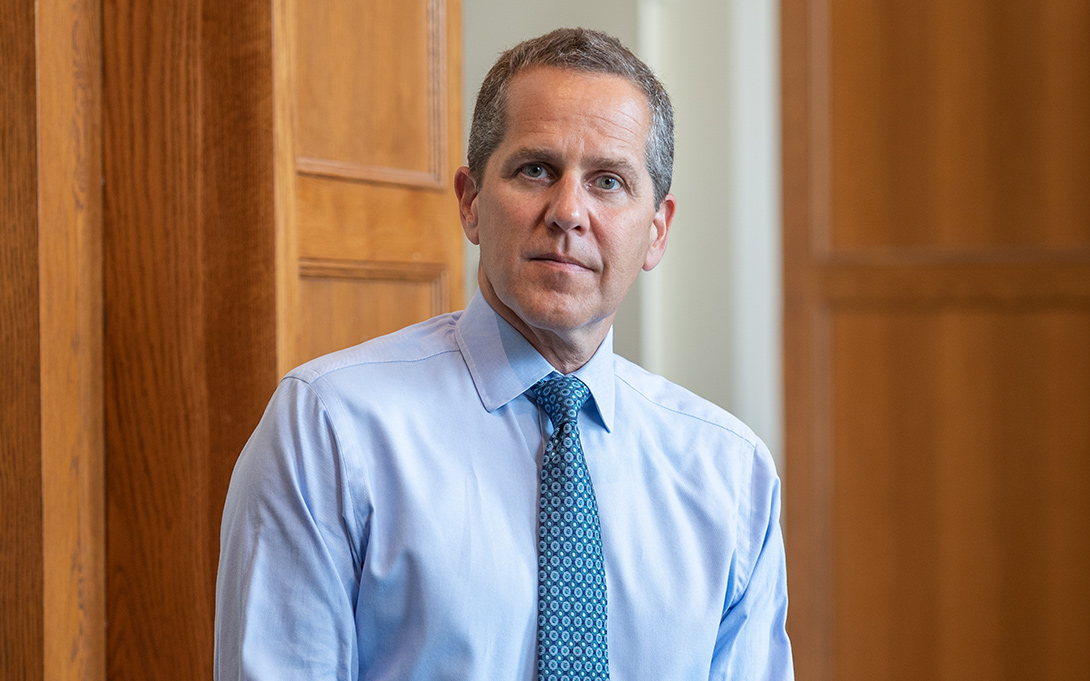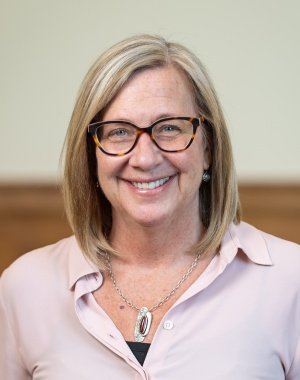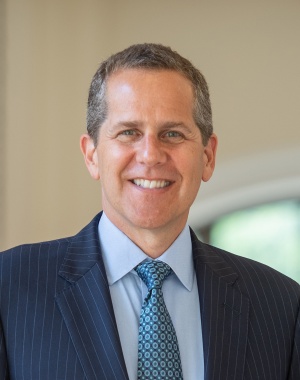
The COVID pandemic has been a test of public leadership at all levels, from mom-and-pop business owners to healthcare professionals, from local government officials to governors to federal health experts and the Administration.
We sat down with Dean Michael S. Barr and others for a conversation reflecting on public leadership and the leadership lessons they've drawn from the crisis.
What have you seen from leaders since March?
MSB: At the federal level, we had an abysmal failure of leadership at the top. The president got so much wrong: lying, not listening to experts, not caring about people, not trying to bring people together. But other national leaders stand out. Dr. Anthony Fauci, for example, had to navigate in an extremely treacherous political environment, and he managed to find ways to communicate to the public not perfectly, but effectively.
Certainly many governors, both Democratic and Republican, took steps quickly, based on the evidence, to save people's lives. Governors DeWine in Ohio, Hogan in Maryland. And of course our own Governor Whitmer, I think, is a terrific example. She acted based on science. She moved very quickly to break the back of the disease in the spring, when there weren't many role models yet about what to do. It took a lot of political and, as it turned out, personal courage to do that.
And many others have found the personal courage to lead. Healthcare workers, first responders, and essential workers in grocery stores and factories did and are still doing amazing things throughout the crisis, and led by personal example despite terrible strain and cost. I'm grateful and in awe of their courage.
How is the Ford School pulling through this crisis?
MSB: I think as a community we've done well. We took care of people. We put people first. And we've stayed open to innovation and didn't lose sight of our strategic priorities and policies, which I think has helped people see a potential end to the crisis. For example, we've added terrific new faculty, we've done a ton of work on the unequal impact of COVID, we launched a new website, we welcomed full cohorts of new students, expanded our leadership initiative, and did just an amazing job of learning and teaching.
What lessons do you draw?
MSB: It's been a challenging time, to say the least. I often say that there's no group of people—faculty, staff, and students—that I'd rather have been with through this crisis.
And so first, I'd say that any successes we've had have been about the team. Our basic approach to leadership is to focus on what every member of our community brings to the team. It's not only the right thing to do, but it is actually extremely effective. I think you can see that in how we conducted ourselves in the crisis, when the associate deans and the senior staff and the faculty stepped up, and individual staff members stepped up and led.
And our students have certainly led. From the start, they took the perspective that they were part of figuring out what we had to do together. You could even see that in the classroom, where they helped faculty members navigate new technology.
We're fortunate that within our administrative team, we had a good foundation of trust, and we understood each other well, having worked hard on team-building before COVID.
Know your team. Trust your team.
A second thing that was really important to us as a community was to lead through our mission, which we articulated early and often. It gave us a sense of purpose higher than ourselves, and higher even than the Ford School, as so many students, faculty, and staff pivoted so quickly to focus on helping to address inequities in our society. That itself is a good thing and is also psychologically helpful to people to know that even while we're being battered and bruised by a terrible pandemic that we have this purpose.
Third, I think that all of us were really careful to meet people where they actually are–not to "happy talk" our way through the crisis. We've tried to be attentive to the differential impact of the crisis on each of us and our students. You can't push some make-believe idea of what we wanted the situation to be, or it ends up with people who are suffering feeling like you're gaslighting them.
That relates to the fourth point: we communicated, I think, consistently and clearly about our values and the steps that we were going to take. We were really careful to say things that were true. And you know it sounds obvious, but I mean we said things like, "We don't know." "We're not sure." "This is what we're thinking right now, but that might change." Acknowledging the uncertainty of the moment can make people feel more secure: they understood that we understood that the world was uncertain and we didn't try to pretend that it wasn't.
Finally, I think that we were all pretty good at acknowledging the strength of others and saying "thank you." Not always! But we were pretty good at that. Saying "thank you" a lot is a pretty important part of getting through a difficult time.
What challenges remain?
MSB: Sometimes I worry that we're pushing too hard. That sense of drive for future success, which is really good for some people, might be really hard on others, depending on where they are in their life; it can be exhausting. They can get burned out. We're going to need to keep finding ways to innovate, keep people connected, and help each other through this challenging time.
S&H Q&A: What was one key thing you learned or experienced about public leadership over this stretch?
Marcy Brighton, chief administrator
"In this uncertain time, it's been really important to communicate in a trust-based way that creates stability and security. We aimed for transparent communication that was frequent, relevant, and useful. And, you need to provide some humor to help people cope with the massive disruption to their work and personal lives. A "bad dad" joke here and there has been very therapeutic!"
Paula Lantz, associate dean for academic affairs
"In the crisis of COVID-19, the staff, faculty, and students at the Ford School revealed that what is at the core of our community is our dedication to each other and to our mission of improving public policy as a way to improve well-being, fairness and justice in the world. An unrelenting focus on the shared values and mission of our community and on transparent communication and listening helped guide the way."
J'Taime Lyons (MPP '21), chair of the Student Affairs Committee
"The psychological safety of your team is very important and this past year proved that more than ever. Ensuring your team feels safe and supported allows you to pivot and meet evolving goals. "
Jennifer Niggemeier, director of graduate career services and alumni relations
"As the saying goes, ‘the leader sets the tone.' We were confident that we could build relationships virtually, as we were already doing virtual programming with employers and alums. I don't mean just that I set that confident tone for my team; often they set it for me. As we say, leadership isn't about job title. We took turns carrying the optimism."
Mariatu Santiago (MPP ‘21), vice chair of the Student Affairs Committee
"During this stretch of time, it has become clear that public leaders and their teams have to learn to be flexible and adapt to new situations or unforeseen circumstances quickly. Since that is the case, taking time to prioritize mental health and well-being for yourself and those around you is of the utmost importance."
Below, find the full, formatted Fall 2020 edition of State & Hill.

